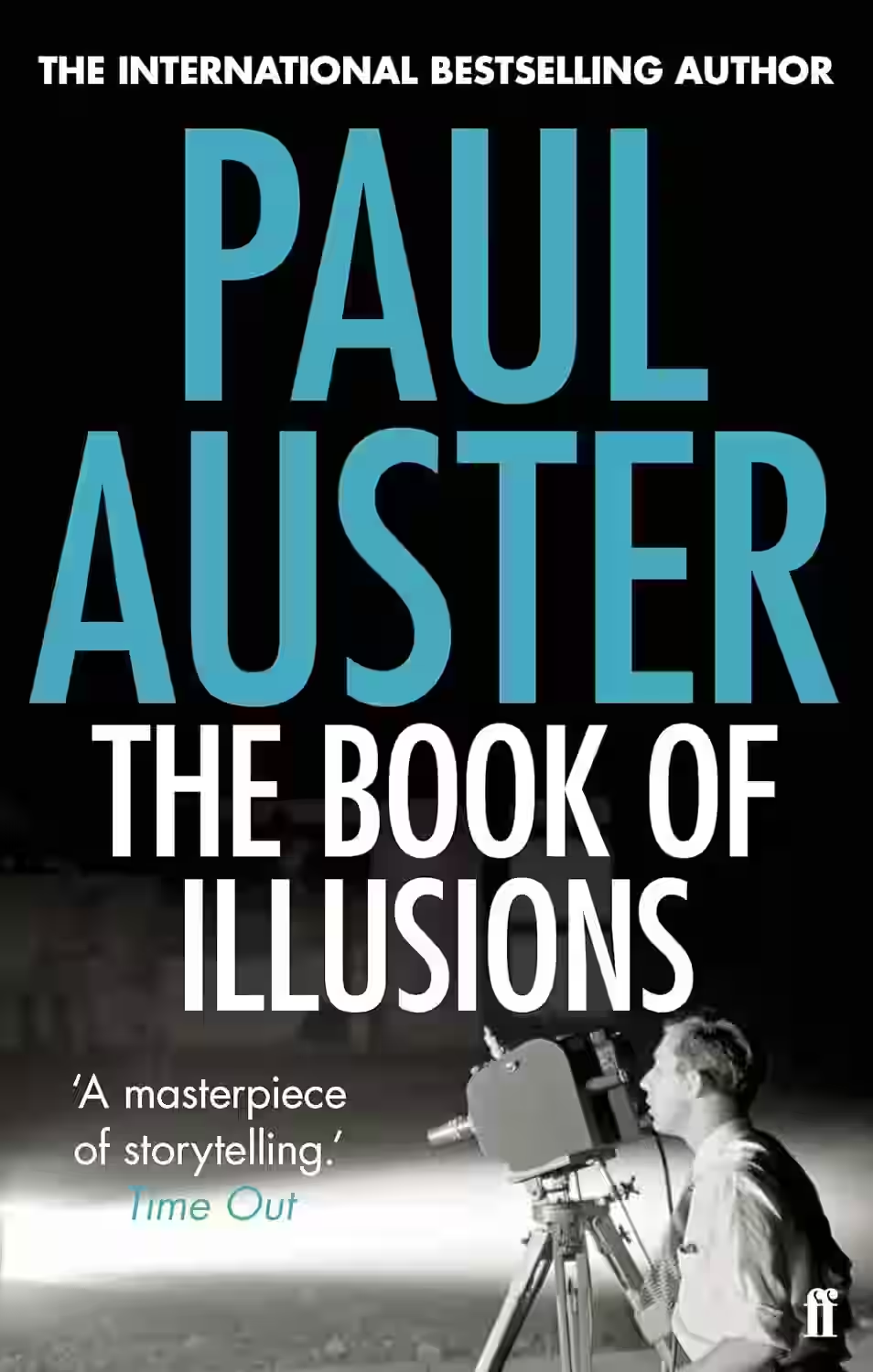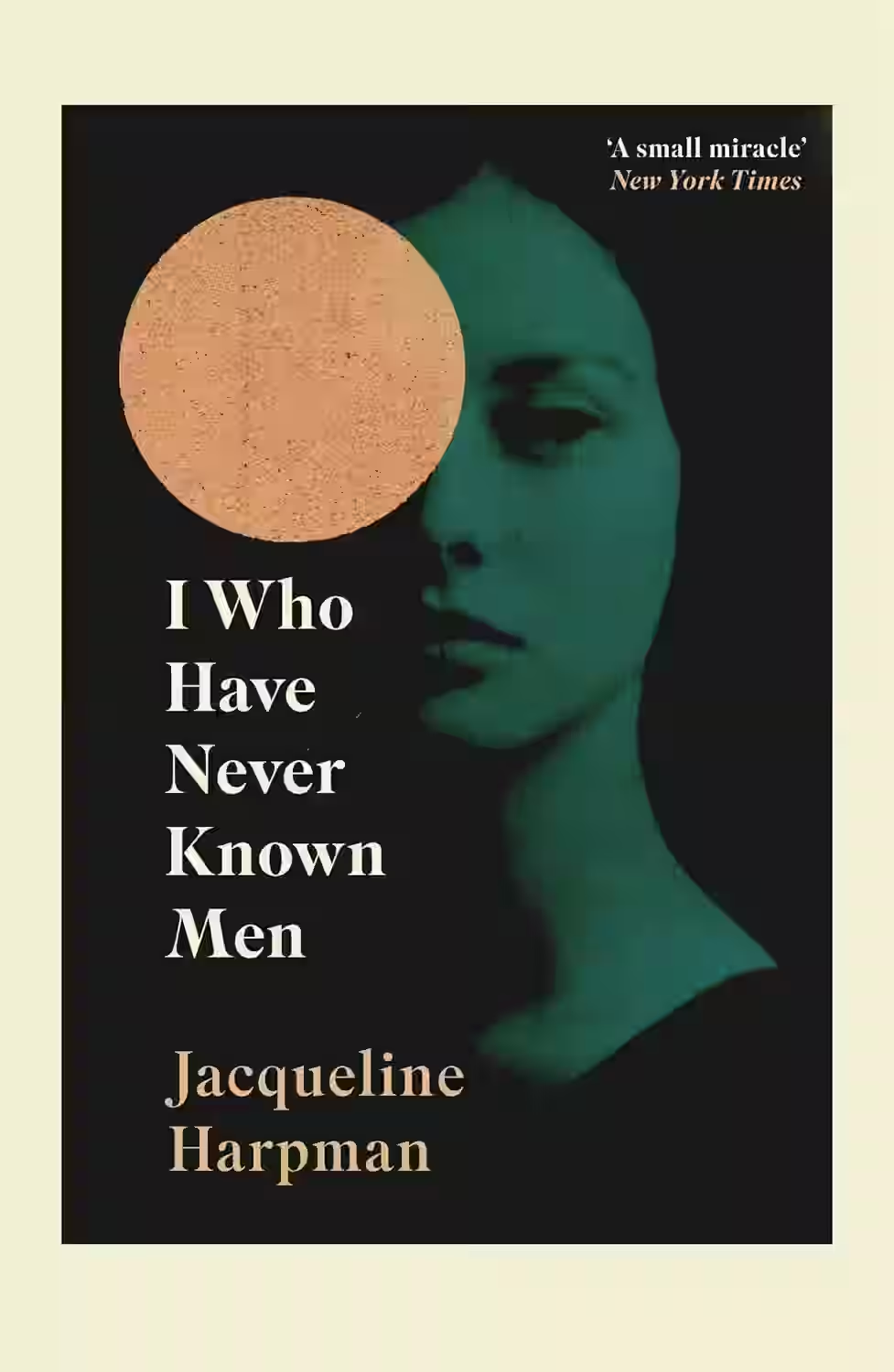
In 'The Friend' by Sigrid Nunez, readers are introduced to a poignant narrative that explores themes of grief, friendship, and healing. The story unfolds around an unnamed narrator who mourns the sudden loss of her mentor and close friend. She unexpectedly inherits her friend's Great Dane, Apollo, despite living in a small, no-pets apartment. As the narrator grapples with her profound grief, forming a bond with the dog becomes both a challenge and a comfort, propelling her journey of emotional recovery. Nunez expertly crafts a meditative reflection on human connections, illuminated through a blend of humor and deep melancholy. This elegantly written novel underscores the transformative power of love and companionship, making it a resonant read for those contemplating loss and connection.
About Sigrid Nunez
Sigrid Nunez is an acclaimed American novelist celebrated for her rich, emotive storytelling and insightful exploration of human relationships. Born in New York City in 1951 to a German-Chinese-Panamanian father and a German mother, Nunez has woven her multicultural background into her literary endeavors, crafting narratives that resonate with authenticity and depth. She is best known for her 2018 novel, 'The Friend,' which won the National Book Award for Fiction. The novel's inventive narrative and poignant exploration of grief and companionship garnered widespread acclaim, cementing her status as a significant voice in contemporary literature. Throughout her career, Nunez has published numerous works, including 'Salvation City' and 'The Last of Her Kind,' each characterized by her keen observations and deft prose. Her contributions have not only enriched the landscape of American fiction but have also prompted readers to reflect on the essence of human connection in an ever-changing world.
Similar Books

A Little Life
In 'A Little Life' by Hanya Yanagihara, the reader delves into the intricacies of friendship, trauma, and the lasting effects of the past on the present. The story follows four college friends navigating the bustling city of New York, with a central focus on Jude St. Francis, a complex and enigmatic character harboring deep-seated trauma. As their lives intertwine and unfold, the novel explores themes of resilience, love, and the enduring power of human connection. Yanagihara's poignant prose and rich character development invite readers to reflect on the profound impact of childhood experiences on adulthood. 'A Little Life' is a raw, heartbreaking, and ultimately unforgettable exploration of the human spirit.

Room
In Emma Donoghue's novel "Room," readers are immersed in the harrowing yet ultimately uplifting story of a young boy named Jack and his Ma, who are trapped in a small room by a man they call Old Nick. The narrative unfolds through Jack's innocent and imaginative eyes, providing a unique perspective on resilience, survival, and the enduring bond between a mother and child. Donoghue skillfully explores themes of confinement, freedom, and the complexities of the human spirit in this gripping and emotionally powerful tale. As the narrative unfolds, readers are taken on a journey that is both heart-wrenching and heartwarming, leaving a lasting impact long after the final page.

The Book of Illusions
by Paul Auster
Paul Auster's 'The Book of Illusions' delves deep into themes of grief, identity, and redemption through a layered narrative that intertwines the lives of its protagonist, David Zimmer, and the enigmatic silent film star Hector Mann. Following a family tragedy, Zimmer immerses himself in Mann's films, writing a book that ultimately pulls him into a complex web of mystery and revelation. Auster masterfully crafts a thought-provoking exploration of how one's life can be dramatically altered by chance encounters and hidden truths, blending elements of noir and existential reflection. The novel captivates with its intricate plot and introspective prose, leaving readers to ponder the illusions that shape reality.

I Who Have Never Known Men
In Jacqueline Harpman's 'I Who Have Never Known Men,' we delve into a thought-provoking narrative following a group of women imprisoned in an underground bunker. The protagonist, a young woman named L, navigates the complexities of survival, freedom, and identity as she encounters the first man they have ever seen. The novel intricately weaves themes of power dynamics, autonomy, and societal constructs as the women explore their newfound reality. Harpman's writing is hauntingly beautiful, drawing readers into a world that challenges perceptions and questions the essence of humanity. 'I Who Have Never Known Men' is a compelling and introspective read that lingers in the mind long after the last page.